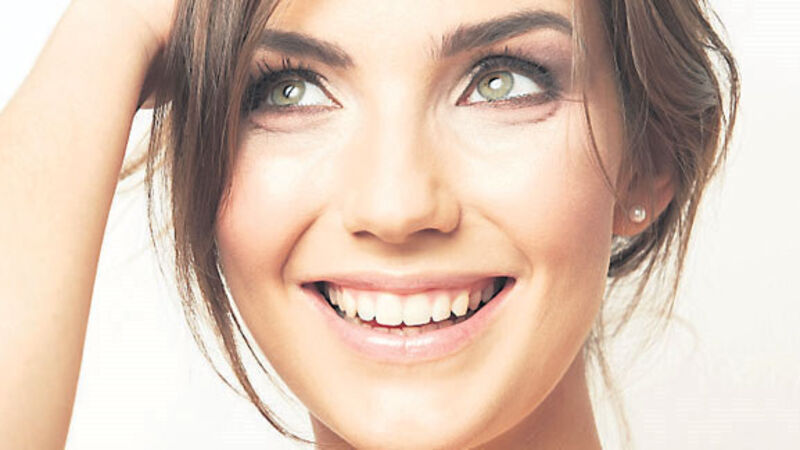Product Watch: Retinol

Retinol can “compel” a corrupted skin cell to behave like a youthful one, but should be used with other anti-aging products.
Try from €1.50 / week
SUBSCRIBERetinol can “compel” a corrupted skin cell to behave like a youthful one, but should be used with other anti-aging products.
What is retinol?
Already a subscriber? Sign in
You have reached your article limit.
Annual €130 €80
Best value
Monthly €12€6 / month
Introductory offers for new customers. Annual billed once for first year. Renews at €130. Monthly initial discount (first 3 months) billed monthly, then €12 a month. Ts&Cs apply.
CONNECT WITH US TODAY
Be the first to know the latest news and updates
Newsletter
The best food, health, entertainment and lifestyle content from the Irish Examiner, direct to your inbox.
Newsletter
The best food, health, entertainment and lifestyle content from the Irish Examiner, direct to your inbox.
© Examiner Echo Group Limited